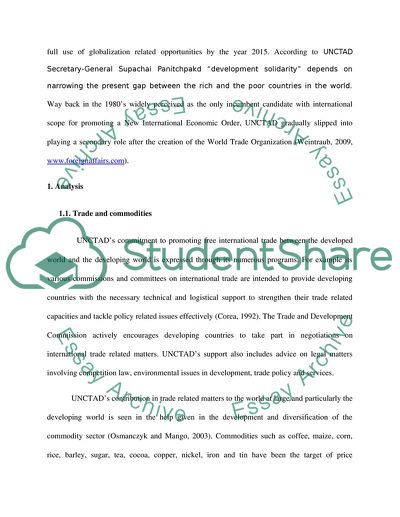Cite this document
(United Nations Conference on Trade and Development Research Paper, n.d.)
United Nations Conference on Trade and Development Research Paper. Retrieved from https://studentshare.org/politics/1725315-united-nations-conference-on-trade-and-development
United Nations Conference on Trade and Development Research Paper. Retrieved from https://studentshare.org/politics/1725315-united-nations-conference-on-trade-and-development
(United Nations Conference on Trade and Development Research Paper)
United Nations Conference on Trade and Development Research Paper. https://studentshare.org/politics/1725315-united-nations-conference-on-trade-and-development.
United Nations Conference on Trade and Development Research Paper. https://studentshare.org/politics/1725315-united-nations-conference-on-trade-and-development.
“United Nations Conference on Trade and Development Research Paper”, n.d. https://studentshare.org/politics/1725315-united-nations-conference-on-trade-and-development.


